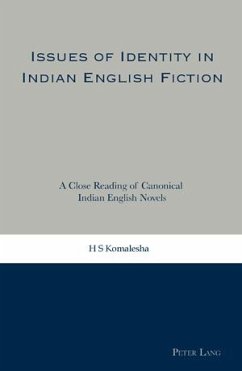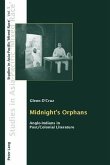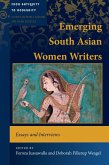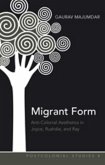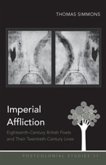Rapid developments in the fields of trade, market, commerce and telecommunication technologies, together with cultural confrontations at the global level are creating a paradigmatic shift in people's understanding of selfhood and identity. This book makes a serious attempt to trace and map out the making of contemporary post-national identities within the subcontinental cultural production of India and in its English Fiction. One of the structural ventures of this study is that these newer identities, which are basically fragmented, ruptured, hyphenated, and palimpsestic in nature, require new descriptions and new elaborations within the field of creative literature and literary criticism. In order to pursue its research on these lines, the present work contrasts the notion of subjecthood and identity with the earlier phases of Indian cultural imagination as represented in some of the pioneering works of Indian English Fiction that have now attained a canonical status. By analysing some of the predominant concerns that work as leitmotif in most of the Indian English novels, the book brings together and reinterprets some problematic concepts such as history, culture, religion, nation and nationalism and creates a theoretical axis upon which it charts insightful and engaging aspects of selfhood and identity.
Bitte wählen Sie Ihr Anliegen aus.
Rechnungen
Retourenschein anfordern
Bestellstatus
Storno

